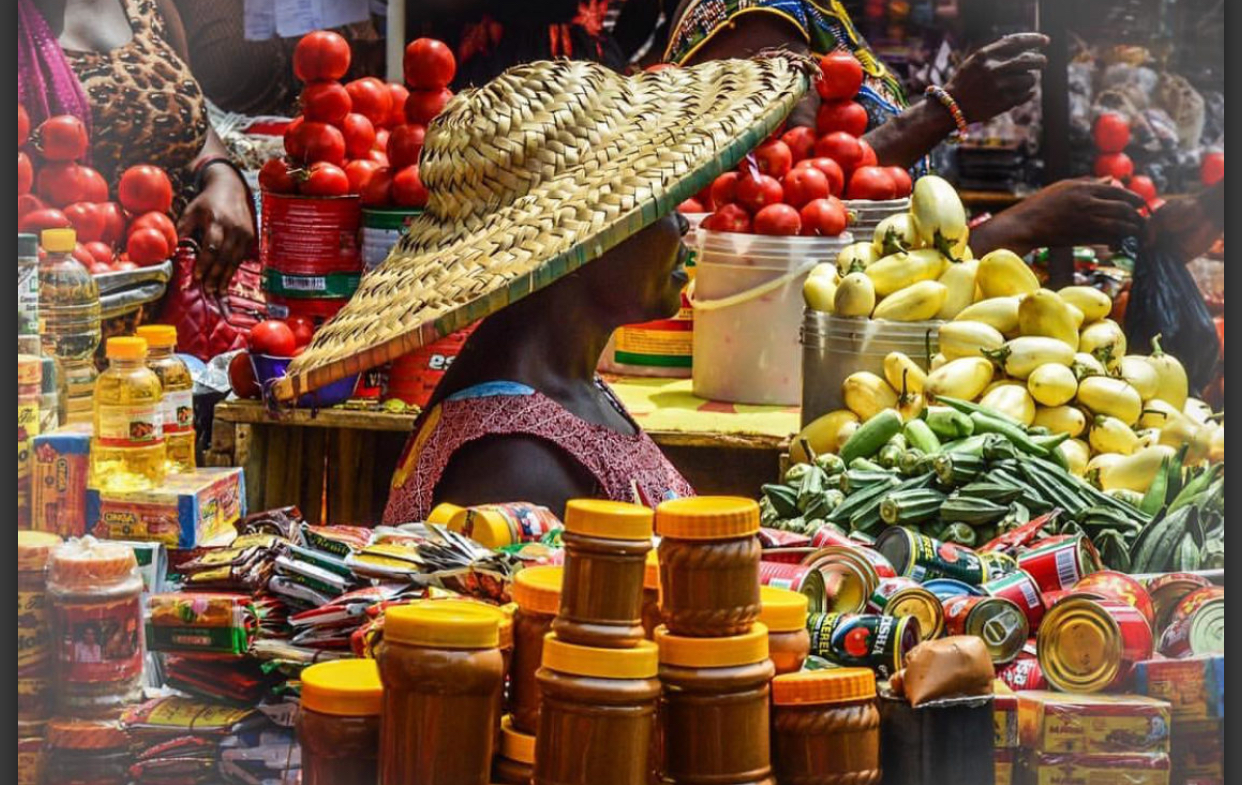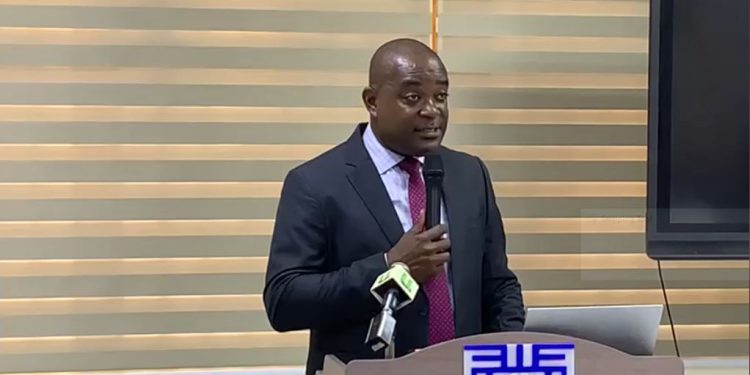Ghana’s economy posted a 6.3% year-on-year growth in the second quarter of 2025, according to provisional data released by the Ghana Statistical Service (GSS). The performance marks an acceleration from the revised 5.7% recorded in the same quarter last year and reflects ongoing signs of recovery after years of economic turbulence.
The rebound was underpinned by the services sector, which expanded by 9.9%—its strongest growth in several years. Sub-sectors including finance, insurance, trade, and education drove the surge, a significant turnaround from the modest 2% growth recorded in Q2 2024.
Non-oil GDP grew by 7.8%, buoyed by strong activity in agriculture and industry. Cocoa, food crops, and fisheries all contributed positively, while construction and manufacturing also registered gains. These improvements helped cushion the drag from the oil sector, which saw a contraction in output due to lower production volumes.
Speaking at the release of the figures in Accra, Government Statistician Professor Alhassan Iddrisusaid the latest growth numbers demonstrate a strengthening economic trajectory. “What we are observing is broad-based expansion, particularly outside of the oil sector, suggesting that the economy is finding a more sustainable footing,” he noted.
The encouraging GDP results come against the backdrop of falling inflation, which dropped to 11.5% in August 2025—the lowest since October 2021. The figure also came in below the Finance Ministry’s year-end target of 11.9%, offering further relief to households and businesses after a period of steep price increases that eroded purchasing power.
Analysts say the stronger-than-expected growth and moderating inflation could boost investor confidence, especially as Ghana continues to implement reforms tied to its $3 billion IMF program. The reforms, focused on fiscal discipline, debt restructuring, and revenue mobilization, are seen as crucial to consolidating the gains and preventing a relapse into crisis.
The government has emphasized that sustaining growth momentum will require continued stability in the cedi, prudent spending controls, and an enabling environment for private sector investment. However, risks remain, including global oil price volatility, uncertain cocoa export earnings, and the impact of climate variability on agriculture.
Still, with the economy expanding at one of the fastest rates in sub-Saharan Africa, observers believe Ghana could be on track to regain its reputation as one of the region’s most dynamic markets, provided reforms stay on course.













